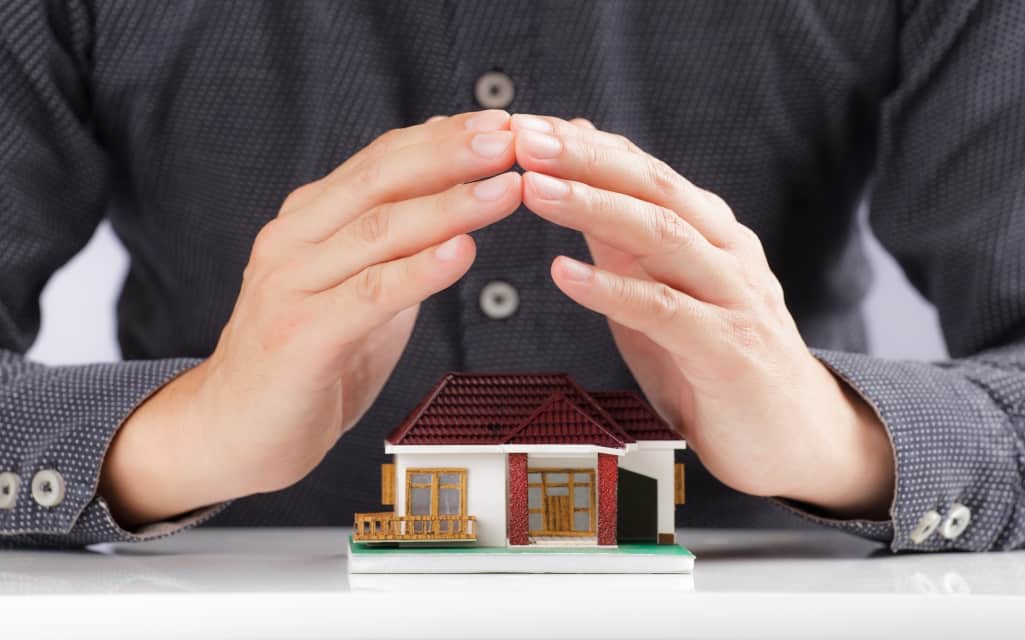Modern living can be very scary which is why it’s important you do everything you can to keep your family safe. Life is not quite as frightening as the popular media would have you believe, but that doesn’t mean you should let your guard down. Keeping your home and loved ones safe should be one of your priorities, but it can be confusing to know where to start. Here are 5 of the best ways you can do it.
1. Perform a Risk Assessment
The first thing you should do if you’re worried about your family security is to assess all the possible hazards around your property. Things to consider include what you’re going to do if there’s an emergency, who has access to your home, and whether you’re sharing information publicly that could put your loved ones at risk.
2. Install a Home Security System
The first line of defense in your home is to have a good security system. If you’ve already got one, then assess whether it meets your needs. If you’re considering having one installed, then there will be several local security experts who can perform a risk assessment and design a tailor-made system. A Denver home security technician, for example, will be able to provide a system that’s user-friendly and able to keep your property and loved ones safe 24/7.
Once you’ve had a system installed, remember to get it checked on a regular basis, as there’s no point in having an alarm system that doesn’t function correctly. As part of your annual check, you should also consider whether your circumstances have changed, and you need additional protection.
3. Have an Emergency Response Plan
Do you and your family know what to do if there’s a natural disaster? It might seem like a pretty remote occurrence to plan for, but knowing what to do in such an emergency could keep you all alive. Natural disasters aren’t the only emergency to plan for. What if your home catches fire? Do you know what to do in the event of a home invasion or a storm evacuation? A good place to start is to sit down as a family and discuss some of these scenarios, then decide together how best to react. It’s vital everyone knows what to do in an emergency, and you’re all prepared. Make a point of running through the most likely scenarios once a year.
4. Who Has Access to Your Home?
One of the biggest risks to anyone’s home is the list of people who have access to your property and know your usual schedule. Examples include the pool cleaner, gardener, house cleaner and child care provider. To ensure you only invite the most trusted people into your family circle there are a number of things you can do.
- Prescreen domestic employees – before taking on anyone new perform a professional background check. If you use the services of an agency, ensure their vetting process is a rigorous one.
- Restrict bank account access – if you need to give domestic employees money, it pays to have a separate account for household expenses or ensure there’s always cash available.
- Contractors – electricians, landscapers, builders, and other contractors all pose a security risk so always check whether they’re licensed and insured. Ask about the background and criminal checks that are performed on employees.
5. Manage Your Public Profile
We live in a world where we’re not shy in making our lives public, we’ve got social media to thank for that. Thanks to the internet, there’s also a huge amount of personal information about you online. An individual may seek to gather together all the little pieces of information and create a very detailed picture of your life.
It is, however, possible to manage and control your public profile. Ensure all family members are aware of the risks involved in sharing information online. Encourage responsible online behavior and make sure they’re aware of how they can change privacy and image-sharing settings.
Be very careful who you give your Social Security number to, as not all public entities have state-of-the-art security systems or protocols in place. A good example is when you make a charitable donation.
Has your home been up for sale at any point and did the agent post internal and external photos of your home online? These may still be accessible for anyone who wants to know more about your home. A number of public sites also post very revealing information about homes.
You don’t have to spend all your spare time thinking about the bad things that can happen to your family, but it does pay to be prepared, and take all the necessary precautions. Making just a few lifestyle changes can make a big difference.



